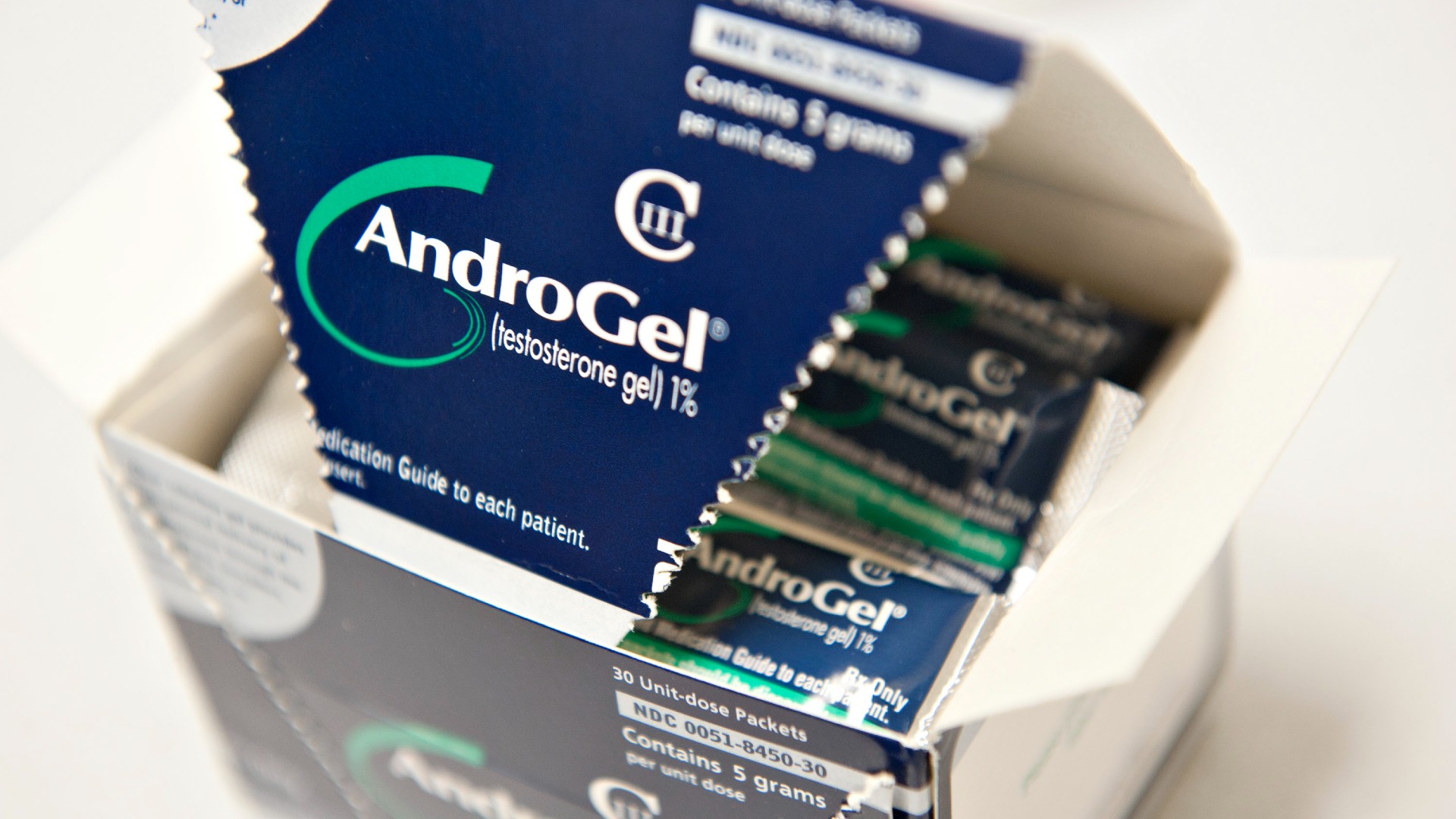
Many transgender men and other gender-diverse people opt to take testosterone to bring about male secondary sex characteristics, such as a deeper voice and thicker body and facial hair, and to suppress female characteristics, such as menstruation. While taking this hormone therapy, a person may no longer get their period, however, they may still ovulate and therefore could potentially get pregnant, a new study finds.
The small study included 52 transmasculine people, meaning people who were assigned female at birth but whose gender identity aligns with masculinity; this term can include transgender men and some nonbinary and gender-fluid people, for instance.
The participants had each taken testosterone for at least a year before getting an oophorectomy, a gender-affirming surgery to remove one or both of their ovaries. After removal, scientists analyzed the patients' ovaries to look for signs of ovulation.
Related: Blood thickening tied to gender-affirming testosterone is rare
None of the study participants were experiencing periods prior to their procedures — typically, testosterone therapy causes patients to stop menstruating within three to six months of use. It is often assumed that when a person taking testosterone stops menstruating, they no longer ovulate, meaning no eggs get released from the ovaries.
However, the new study found that 33% of the participants showed signs that they were ovulating, irrespective of how long they'd been taking testosterone, how much of it was in their blood or whether they'd used testosterone gel or injections. These signs of ovulation included the presence of fluid-filled sacs where an unfertilized egg develops, or the corpus luteum, a group of cells that form after ovulation and make hormones that support a potential pregnancy.
The findings of the new study, published Thursday (Feb. 22) in the journal Cell Reports Medicine, highlight that transmasculine people on testosterone could still potentially become pregnant, and therefore, patients should use contraception if they wish to engage in sexual activity that could lead to unwanted pregnancy.
"The physical and mental consequences of an unplanned and unwanted pregnancy are enormous," Joyce Asseler, the co-senior study author and a doctoral candidate at Amsterdam University Medical Centers, said in a statement. "It is important that transmasculine people and their healthcare providers are aware of this risk and act accordingly," she said.
Prior studies have shown that transmasculine people on testosterone could potentially become pregnant. For instance, a 2020 study showed that 7 of 20 transmasculine people on testosterone therapy had temporary upticks in the levels of a breakdown product of progesterone, a sex hormone that supports menstruation, in their urine. Progesterone levels typically peak after ovulation, suggesting that these individuals were likely ovulating and theoretically could have gotten pregnant.
But the new study has gone one step further and found direct evidence of recent ovulatory activity in the ovaries of patients on testosterone therapy.
Future research will need to "delve deeper" into why ovulation occurs in some people who take testosterone and not others, Asseler told Live Science in an email. It is also unclear how this capacity for ovulation might translate into someone's chances of becoming pregnant, Asseler said.
Nevertheless, the potential for ovulation still highlights the importance of contraception and reproductive counselling in transgender health care, she added.
"It is crucial to address this issue due to the significant physical and mental consequences of an unplanned pregnancy, particularly considering the limited access to reproductive healthcare for transgender and gender diverse individuals worldwide," she told Live Science.
This is especially pertinent considering that taking testosterone during pregnancy can influence the development of the fetus. Notably, transmasculine people who come off testosterone can carry out a successful pregnancy, should they wish to bear children.
This article is for informational purposes only and is not meant to offer medical advice.
Ever wonder why some people build muscle more easily than others or why freckles come out in the sun? Send us your questions about how the human body works to community@livescience.com with the subject line "Health Desk Q," and you may see your question answered on the website!







